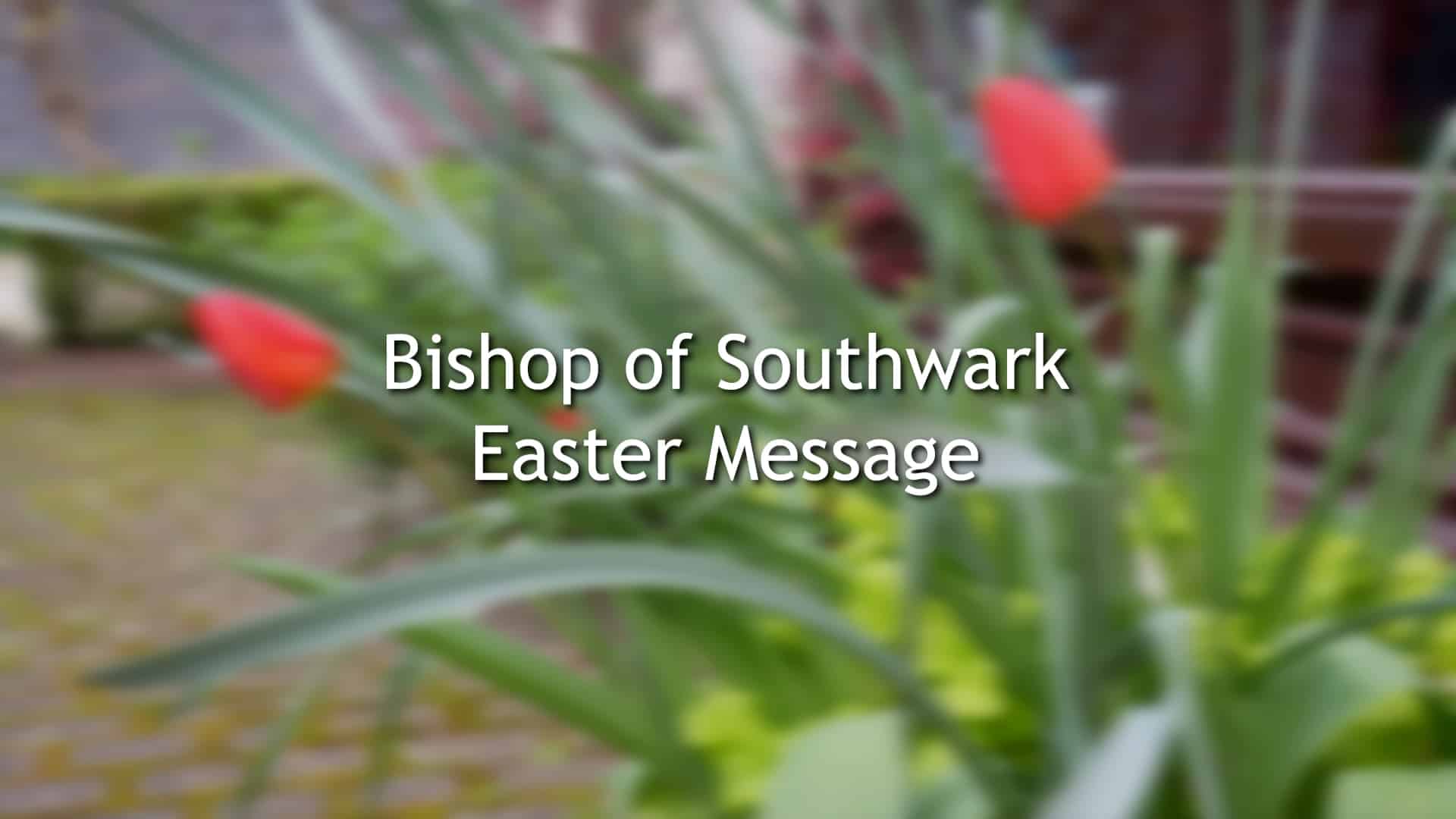Using the Agricultural year to bring us closer to food production, we started our very own vegetable garden. We started at Rogationtide in May, when the newly planted seeds were blessed. Log books were given to the families who were looking after the seedlings, to chart progress. At the end of May we planted the seedlings in the church grounds in planters. Many bags of compost were used, which members of the congregation happily donated. We planted, courgettes, peas, tomatoes, cucumbers, cabbages and lettuces.
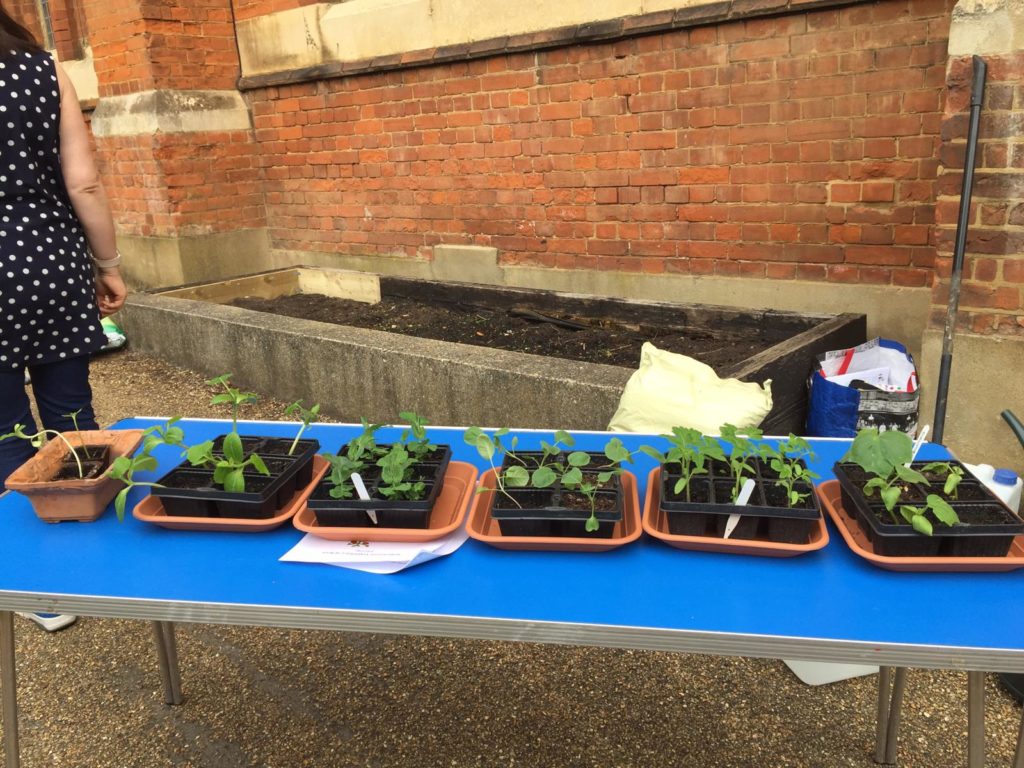
Now the hard work started: the plants had to be watered every day, and we had some really, really hot days. A rota was set up to make sure the vegetables had enough to drink, and successfully the seedlings started to fully grow.
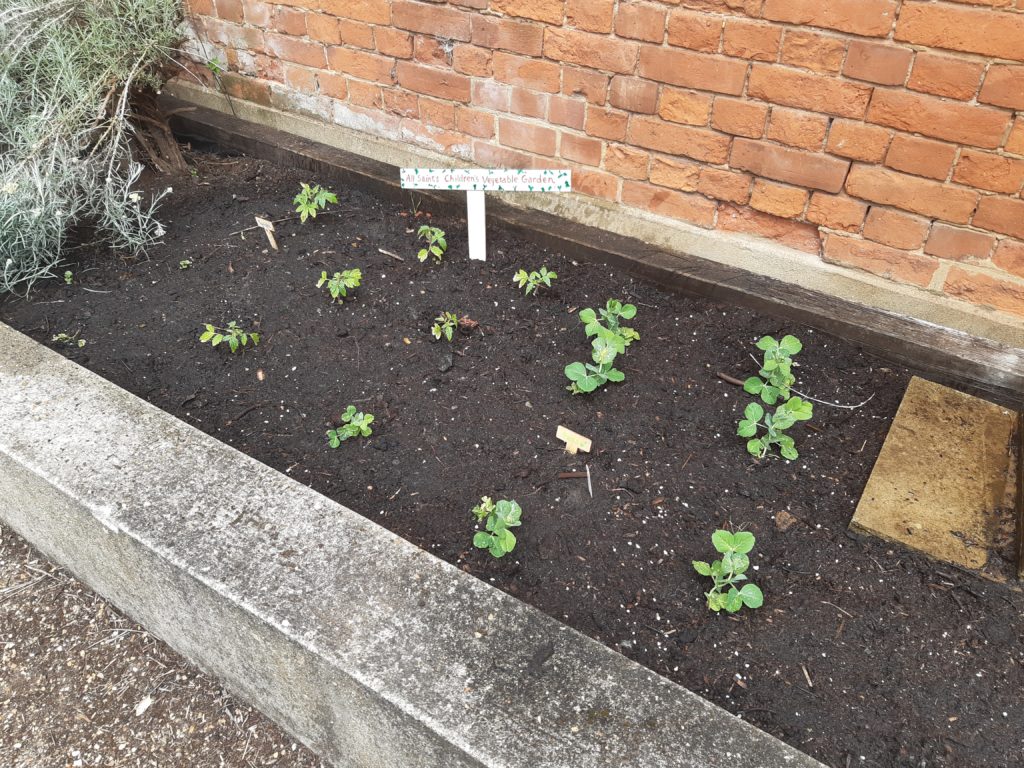
The Friday smAll Saints (toddler service) and Sunday Junior Church children took their turns in watering. One Sunday we picked the peas, which – despite me asking the children what they were going to make with them when they got home – did not make it home as the children ate them during the session. They were very sweet (the peas and the children!). Log book entry updated…’All the peas were picked and eaten’. Talking about being eaten, the lettuces and cabbages were attacked by hungry caterpillars, slugs and snails. I hope they enjoyed their feast!
Overall I think the courgettes were a ‘huge’ success. Some looked like marrows. The courgettes were shared out amongst the congregation on Lammastide, when we also shared a courgette loaf cake made with harvested courgettes.
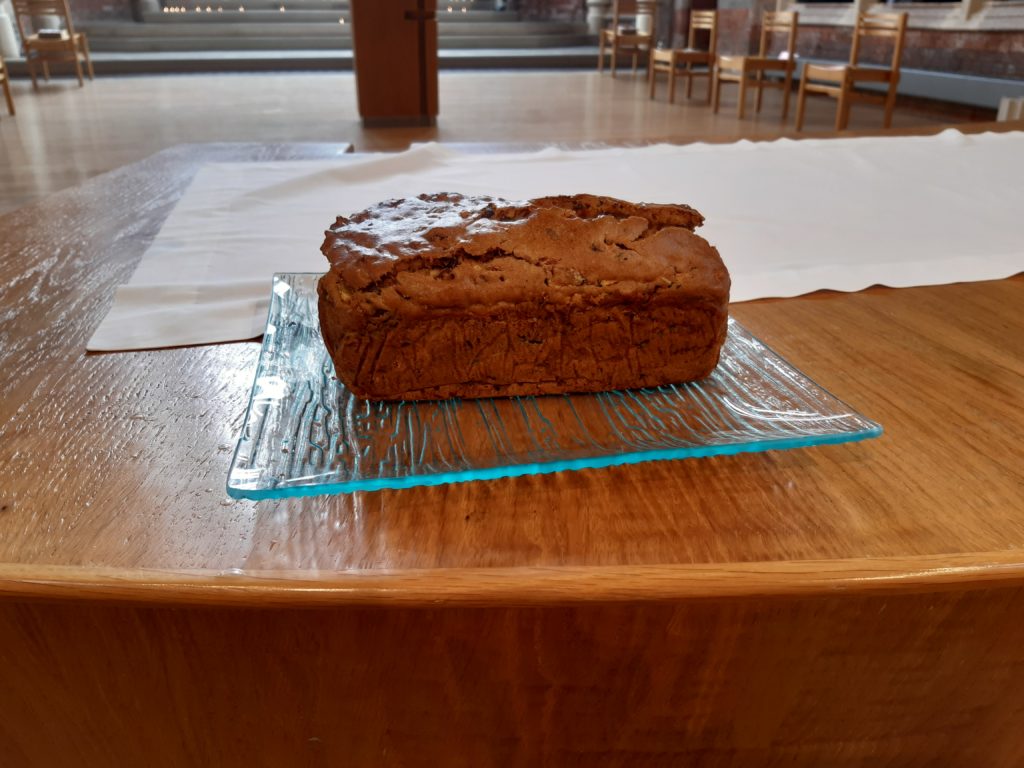
The gardening project continues, as we await the harvesting of more peas, our cucumbers, and the fully grown tomatoes. Unfortunately it looks like the lettuces and cabbages have gone entirely to feeding the local minibeasts.
The project has not only been valuable to teach our younger generation – and indeed all of us – about food production, it has also been a project that has brought all generations together, from providing compost and planting the seedlings, to creating signage, watering and baking. It has also been the highlight on our young family WhatsApp group, with each of us taking photographs when watering and reporting on what has grown and what has been eaten by the slugs.
For Lammastide we created a big display at the back of church which displayed lots of photos of our garden (and our gardeners) and also made links between climate change and food production. We can see that climate change makes food production more precarious but also that farming and agriculture contribute to climate change themselves. We are asking ourselves what we can do to help: How can we use the car less? How can we eat less meat? How can we waste less food? How can we consume less energy?
We have been really encouraged by how the project has highlighted some of the challenges in food production: having enriched soil, a reliable water supply (we dealt with the lack of an outdoor tap with multiple jerry cans and watering cans hidden in a bush!), and a reliable work- (or rather volunteer-) force; and also evading the pests and managing the unpredictable British weather. Living in the city, not all of us have gardens, and so have enjoyed the opportunity to grow our own veg, instead of just buying it from the supermarket.
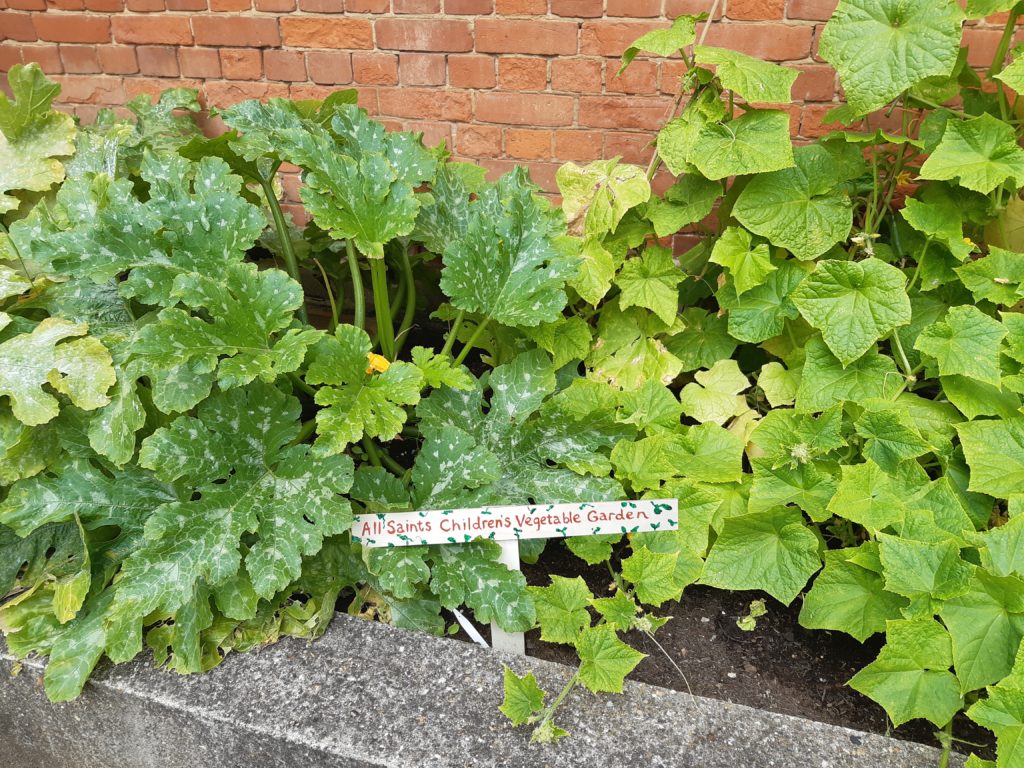
The project has opened up lots of discussions in our church community, which are very much ongoing. There’s a real sense of achievement in what we’ve managed to grow and share with the congregation and, who knows, maybe more planting in the future. What originally started as a children and young families initiative has become a wonderful adventure that has been explored together, throughout the congregation and with the local community passing our vegetable garden. Let us hope we are able to act and make a difference together.






